Arm's Cortex-M52 is a powerful compact processor for low-cost AIoT development
The Arm Cortex-M52 looks to drive developer enablement in AI-powered IoT devices

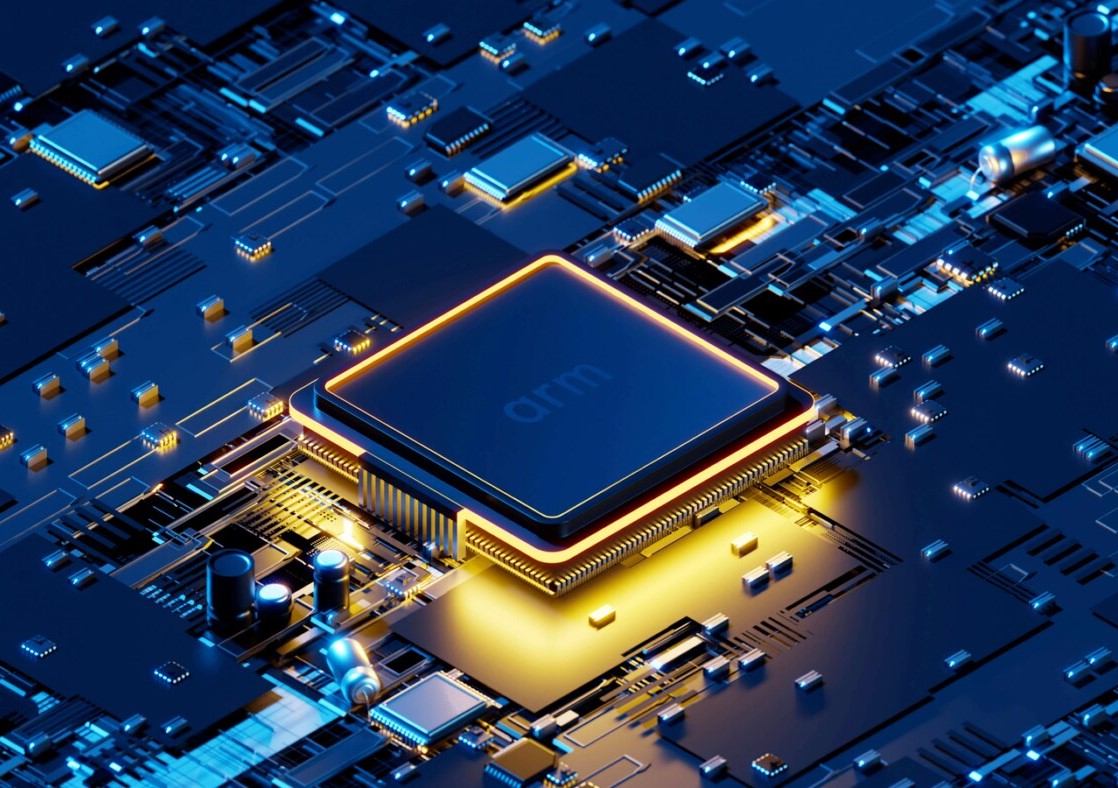
Arm has announced the launch of its new Cortex-M52 processor as part of a bid to enhance low-cost AI capabilities for enterprise IoT device users.
The chipmaker unveiled the launch of its newest processor, which it described as the smallest, most area and cost efficient processor to date, on 22 November.
The Cortex-M52 uses Arm Helium technology, which the firm said will deliver “enhanced AI capabilities for lower cost IoT devices” and accelerate simplified development.
Using Helium, the processor provides significant performance improvements in both digital signal processing (DSP) and machine learning applications, and is targeted specifically for use in “small, low power” devices.
“The Cortex-M52 includes Arm Helium technology, providing a significant performance uplift in DSP and ML applications for small, low power embedded devices, making it possible to deploy more compute intensive ML inference algorithms in endpoints without a dedicated NPU ,” the firm said.
“Helium technology has already been implemented successfully in products at the far edge of the network, but the Cortex-M52 now enables Arm partners to take this capability into lower cost more power constrained devices.”
All told, Arm said developers can benefit from a 5.6x performance uplift for machine learning, as well as a 2.7x performance boost for DSP compared to previous generations of the Cortex-M range.
Sign up today and you will receive a free copy of our Future Focus 2025 report - the leading guidance on AI, cybersecurity and other IT challenges as per 700+ senior executives
Paul Williamson, SVP and GM for Arm’s IoT wing, said the launch of the new processor comes in direct response to demand for AI integration with IoT devices to deliver more granular data insights.
“Generative Artificial Intelligence (AI) and Large Language Models (LLMs) are grabbing headlines, but many don’t realize how much AI is already deployed in embedded devices and impacting applications across our homes, cities and in industry,” he said.
“AI is critical to understanding data and enabling more seamless interactions between the physical and digital world,” Williamson added.
“As this technology advances, on-device intelligence is being deployed in smaller, more cost-sensitive and often battery powered devices at the lowest cost points, with greater privacy and reliability due to less reliance on the cloud.”
Arm Cortex-M52: Simplified migration paths
Arm said the Cortex-M52 provides a “simplified migration path” from previous lines, such as the Cortex-M33 and Cortex-M4, and will target a wide range of AIoT applications.
This includes creating richer UI, voice, and vision experiences for use in the automotive and industrial control spaces.
Williamson noted that embedded device developers have traditionally grappled with the mathematical, data analysis, toolchain expertise, and programming skills required for AI.
He added that developer enablement in this space is “critical if we are to see an increase in artificial intelligence of things (AIoT) shipments”.
RELATED RESOURCE

Discover how you can create a business advantage with robust data security
DOWNLOAD NOW
“Historically, to achieve the ML and DSP performance Cortex-M52 delivers would have required the combination of a CPU, a DSP and an NPU, meaning that once the hardware is built, developers would need to write, debug and tune code for chips with three separate tool chains, three compilers, three debuggers, and so on.”
The Cortex-M52, however, simplifies development processes for AI within a “single toolchain and single proven architecture”.
This, he said, ensures a unified development flow” for traditional, DSP, and ML workloads.

Ross Kelly is ITPro's News & Analysis Editor, responsible for leading the brand's news output and in-depth reporting on the latest stories from across the business technology landscape. Ross was previously a Staff Writer, during which time he developed a keen interest in cyber security, business leadership, and emerging technologies.
He graduated from Edinburgh Napier University in 2016 with a BA (Hons) in Journalism, and joined ITPro in 2022 after four years working in technology conference research.
For news pitches, you can contact Ross at ross.kelly@futurenet.com, or on Twitter and LinkedIn.
-
 Hackers are using LLMs to generate malicious JavaScript in real time
Hackers are using LLMs to generate malicious JavaScript in real timeNews Defenders advised to use runtime behavioral analysis to detect and block malicious activity at the point of execution, directly within the browser
-
 Developers in India are "catching up fast" on AI-generated coding
Developers in India are "catching up fast" on AI-generated codingNews Developers in the United States are leading the world in AI coding practices, at least for now
-
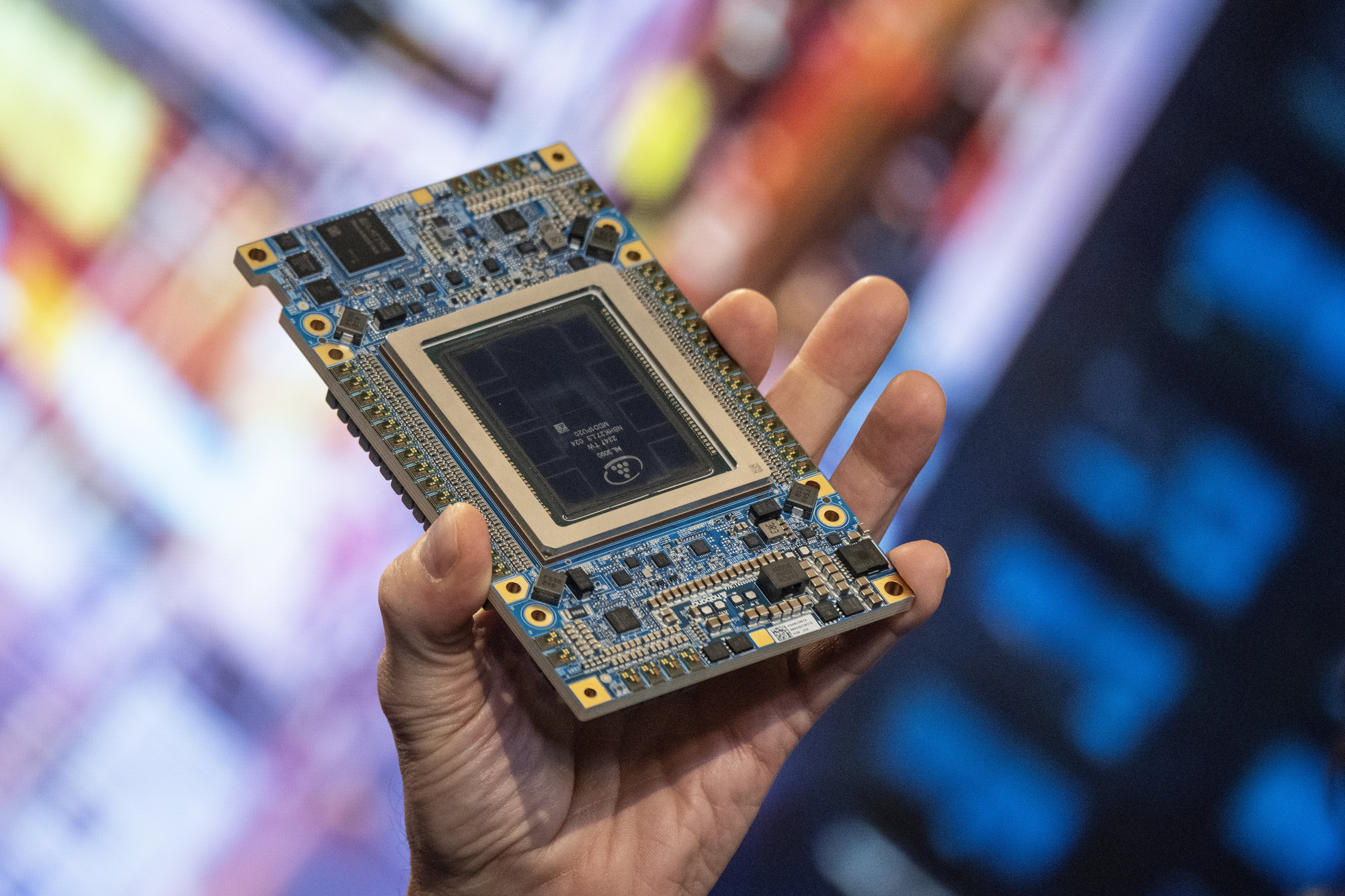 The AI PC is coming: Here’s what you need to know
The AI PC is coming: Here’s what you need to knowAnalysis Analysts believe a new wave of AI PC’s will spur increased tech spending in 2024
-
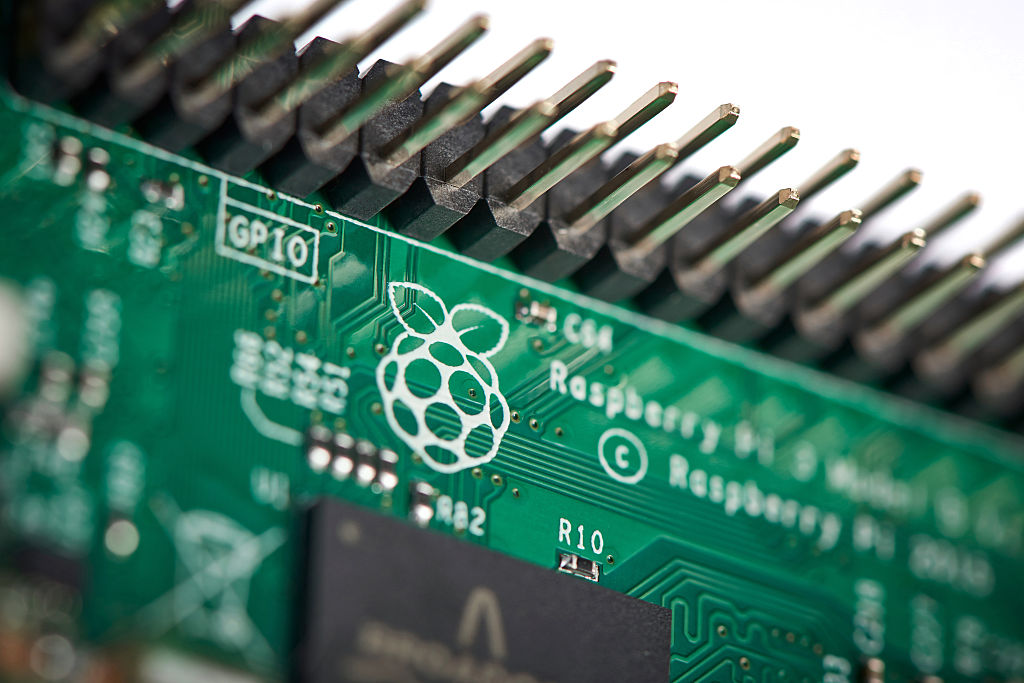 Arm acquires stake in Raspberry Pi in bid to drive IoT development
Arm acquires stake in Raspberry Pi in bid to drive IoT developmentNews The deal confirms a long-standing Raspberry Pi commitment to Arm chips
-
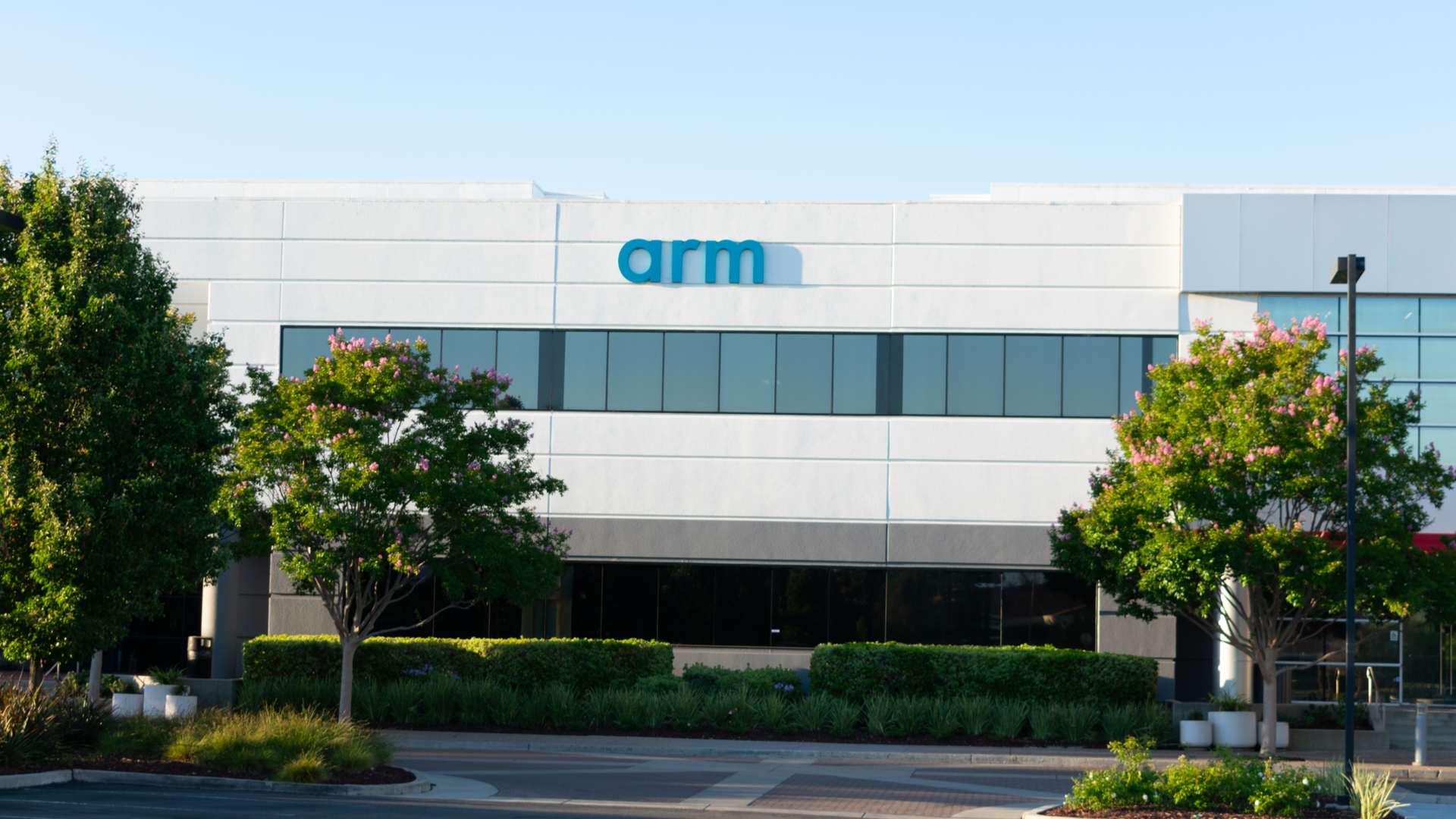 Qualcomm open to investing in Arm as part of consortium
Qualcomm open to investing in Arm as part of consortiumNews This comes after SK Hynix said it was interested in forming a consortium to acquire the British chipmaker
-
 Arm China CEO refuses to step down despite being dismissed
Arm China CEO refuses to step down despite being dismissedNews This is the second time Arm has tried to get rid of the CEO, after falling out with him in 2020
-
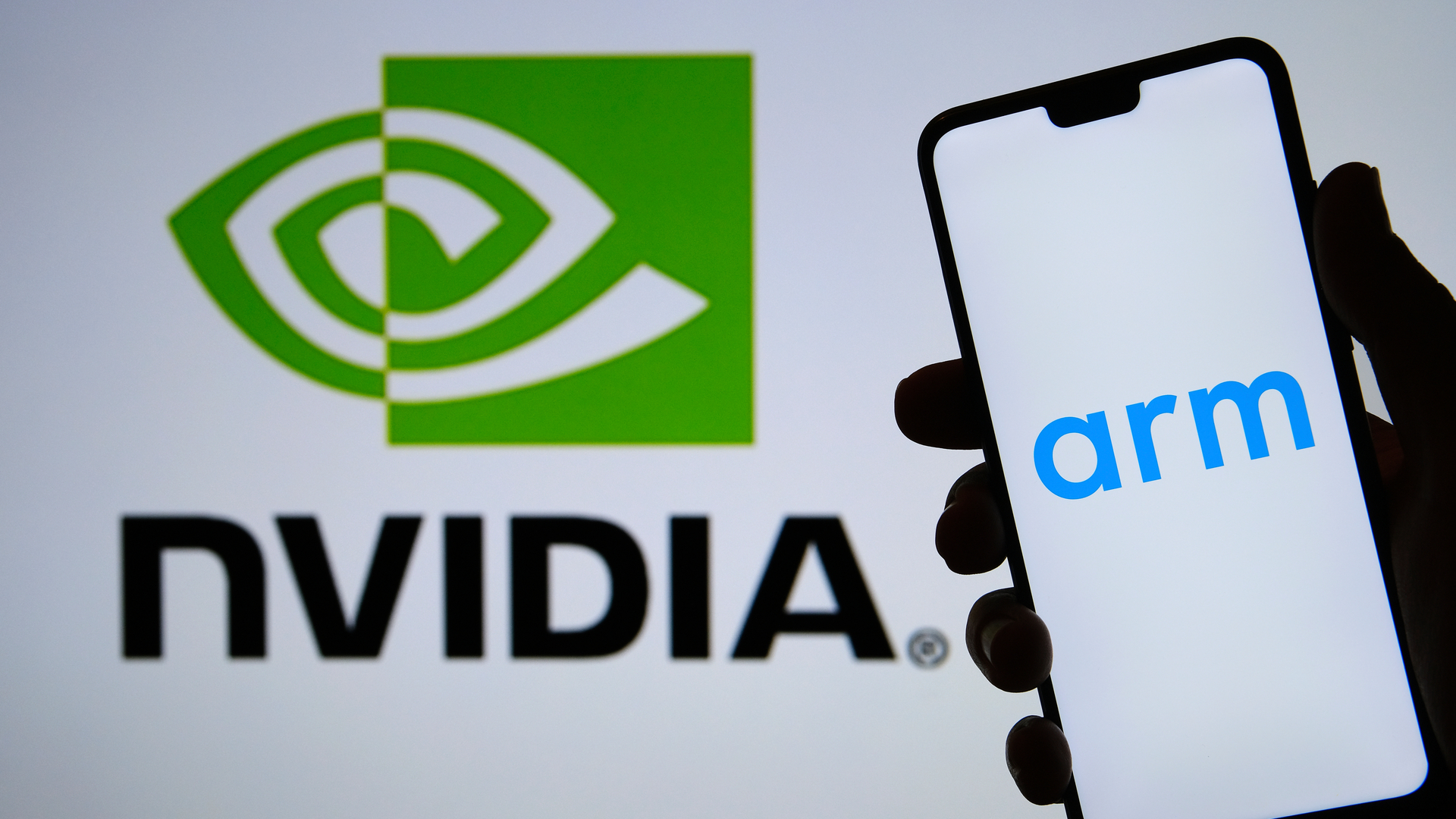 Nvidia warns rivals are exploiting uncertainty surrounding Arm’s future
Nvidia warns rivals are exploiting uncertainty surrounding Arm’s futureNews The company claims Intel and AMD have been getting ahead due to the drawn-out regulatory process
-
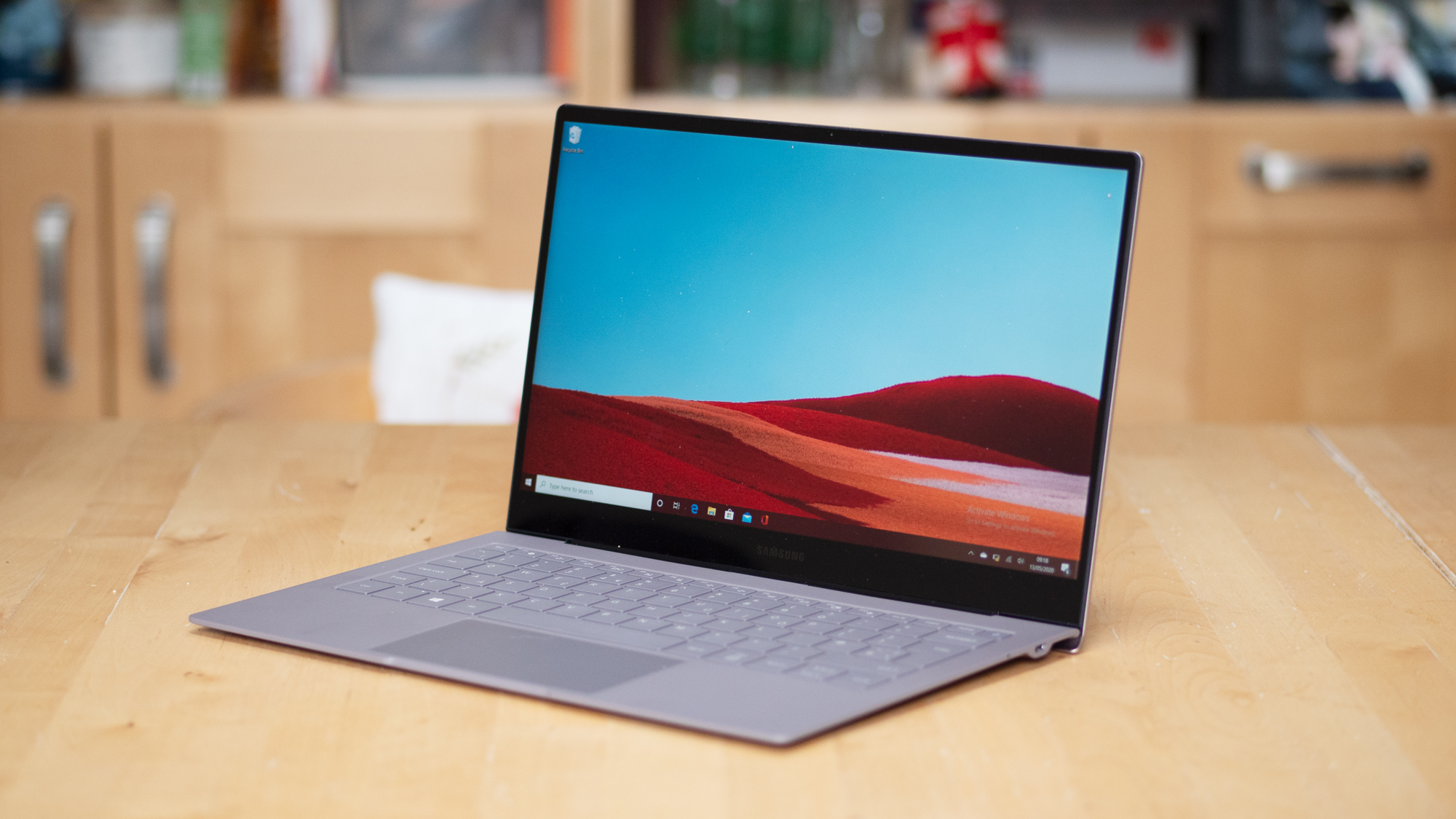
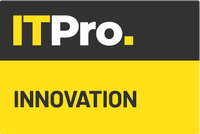 Samsung Galaxy Book S review: ARMed and dangerous
Samsung Galaxy Book S review: ARMed and dangerousReviews So long, Surface Pro X - Samsung shows us how it’s really done
-
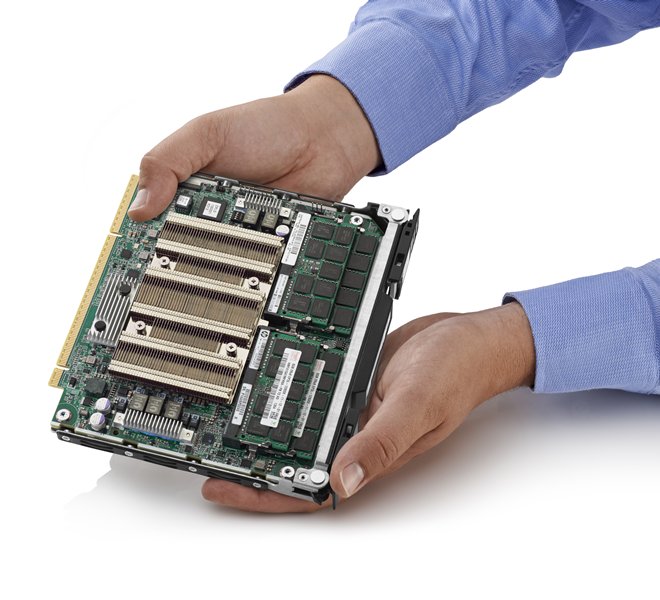 HP packs 64-bit ARM chips into Moonshot servers
HP packs 64-bit ARM chips into Moonshot serversNews ARM coming to a mainstream datacentre near you soon
-
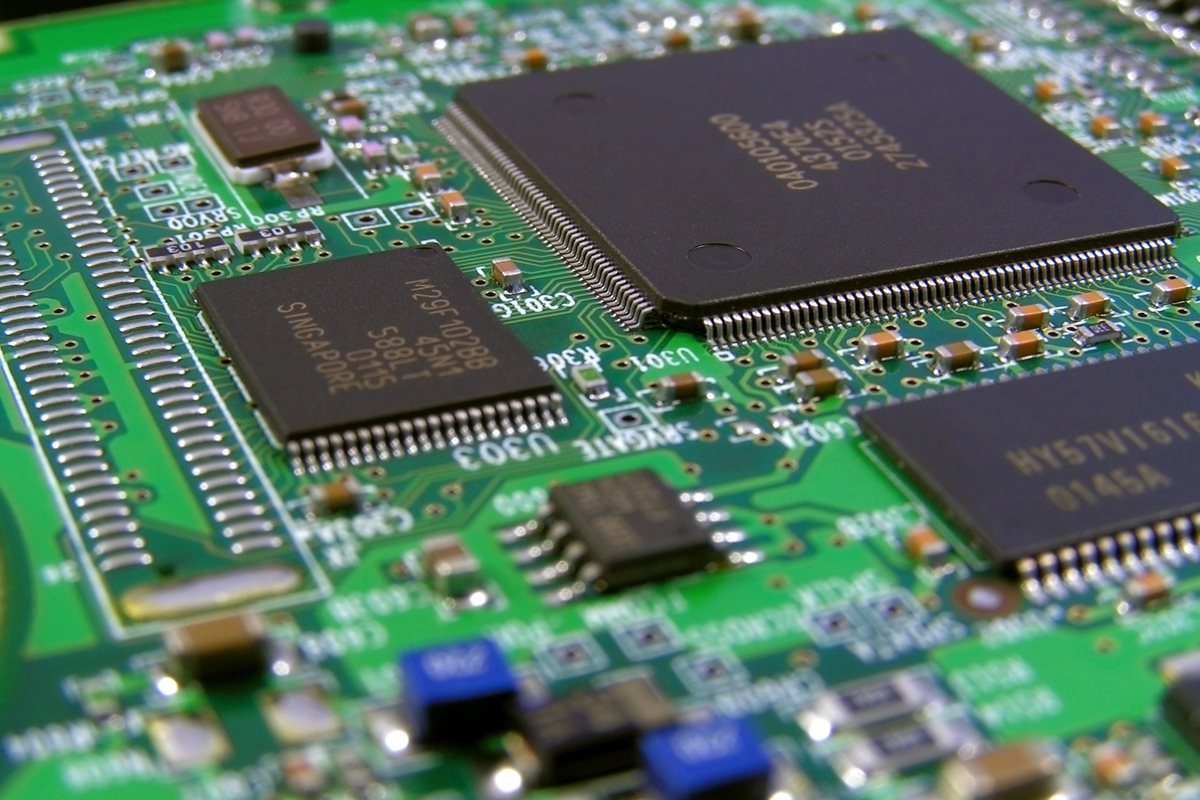 AMD banks on ARM & x86 merger with Project SkyBridge
AMD banks on ARM & x86 merger with Project SkyBridgeNews AMD's project aims to capitalise on growing ARM processing markets
